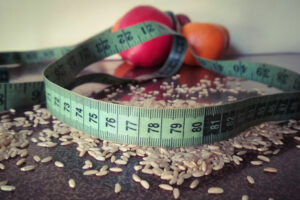
4 dangerous sugary foods for people with diabetes
Diabetes patients need to maintain disciplined habits to manage blood sugar levels. These habits include regular exercise, maintaining a healthy lifestyle, and eating well. Being judicious is crucial as far as food control is concerned. But with so many so-called healthy options lining supermarket shelves, the right choice is hard to make. So, we’re highlighting some sugary foods that seem safe but are, in fact, dangerous for those with diabetes. Flavored yogurt This food has found a place in the pantry of many households, but the nutritional value of this packaged food is questionable. Like most flavored food products, yogurt contains fruit flavoring in it. If the nutritional chart at the back of the packet is any indication, most of the sweetness comes from added sugars instead of fruit. A safer option is to replace packaged fruit yogurt with some natural fruit or veggie sticks paired with unflavored yogurt. Artificial sweeteners Often, artificial sweeteners are labeled safe to be included in beverages and foods, especially for people with diabetes. While the data available is limited, sweeteners are beneficial for people who are used to adding sugar. Additionally, the calorific value of artificial sweeteners is significantly lower than that of table sugar.
Read More 










